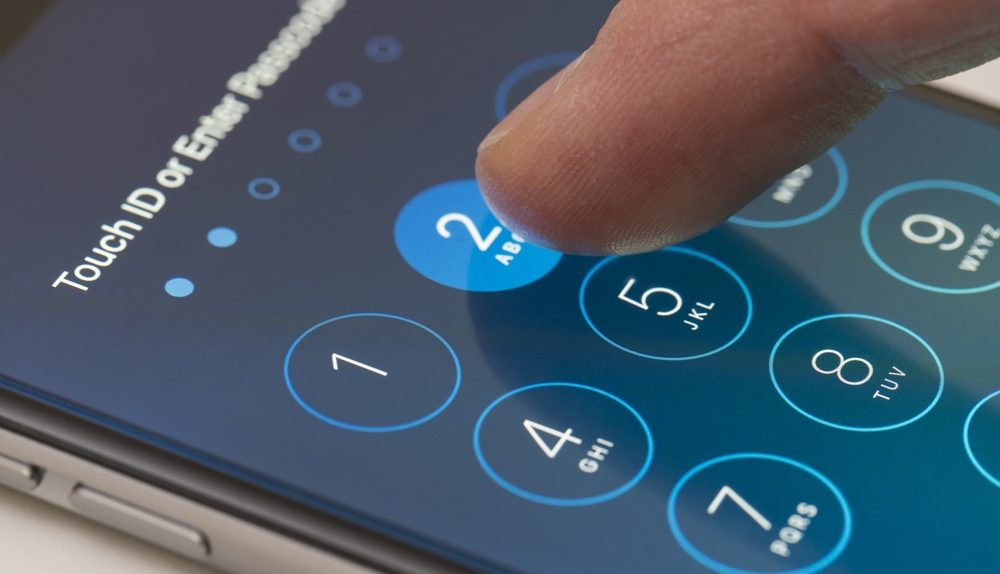A few years ago, Apple found itself embroiled in a bitter stand-off with the FBI following a terrorist shooting in San Bernardino, California. In the aftermath of the attack, you might recall that law enforcement authorities came upon an iPhone 5c owned by one of the shooters. The iPhone, however, was secured by a passcode and was programmed to wipe itself once 10 wrong password attempts were made. Consequently, the FBI asked Apple to create a custom version of iOS that would provide it with an unlimited number of attempts. Apple, of course, famously refused, with Tim Cook going so far as to say that the FBI wanted Apple to create the “software equivalent of cancer.”
Eventually, the FBI managed to access the iPhone 5c with the help of a third-party security company. And though the FBI never publicized who it partnered up with, a number of reports at the time suggested that an Israeli-based security firm called Cellebrite had managed to work around the device’s security protections.
Now comes word via Forbes that Cellebrite has devised a new solution that enables it to access any locked iPhone or iPad running any iteration of iOS released over the past few years. According to the report, Cellebrite has already started asking various law enforcement authorities if they’re interested in purchasing their workaround.
Hardly a point of speculation, a Cellebrite document touting the firm’s “advanced unlocking and extraction services” notes that its solution can be applied to essentially any iPhone and Android device.
Devices supported for Advanced Unlocking and Extraction Services include:
Apple iOS devices and operating systems, including iPhone, iPad, iPad mini, iPad Pro and iPod touch, running iOS 5 to iOS 11.
Google Android devices, including Samsung Galaxy and Galaxy Note devices; and other popular devices from Alcatel, Google Nexus, HTC, Huawei, LG, Motorola, ZTE, and more.
Of course, with Apple rolling out iOS updates at a furious pace, there’s no telling if Cellebrite’s solution still works with the most recent iteration of iOS 11. That notwithstanding, Forbes relays that whatever solution Cellebrite has come with can most likely be used on Apple’s latest lineup of iPhone models, including the iPhone 8 and iPhone X.
It also appears the feds have already tried out Cellebrite tech on the most recent Apple handset, the iPhone X. That’s according to a warrant unearthed by Forbes in Michigan, marking the first known government inspection of the bleeding edge smartphone in a criminal investigation. The warrant detailed a probe into Abdulmajid Saidi, a suspect in an arms trafficking case, whose iPhone X was taken from him as he was about to leave America for Beirut, Lebanon, on November 20. The device was sent to a Cellebrite specialist at the DHS Homeland Security Investigations Grand Rapids labs and the data extracted on December 5.
And so the cat-and-mouse game rages on.








